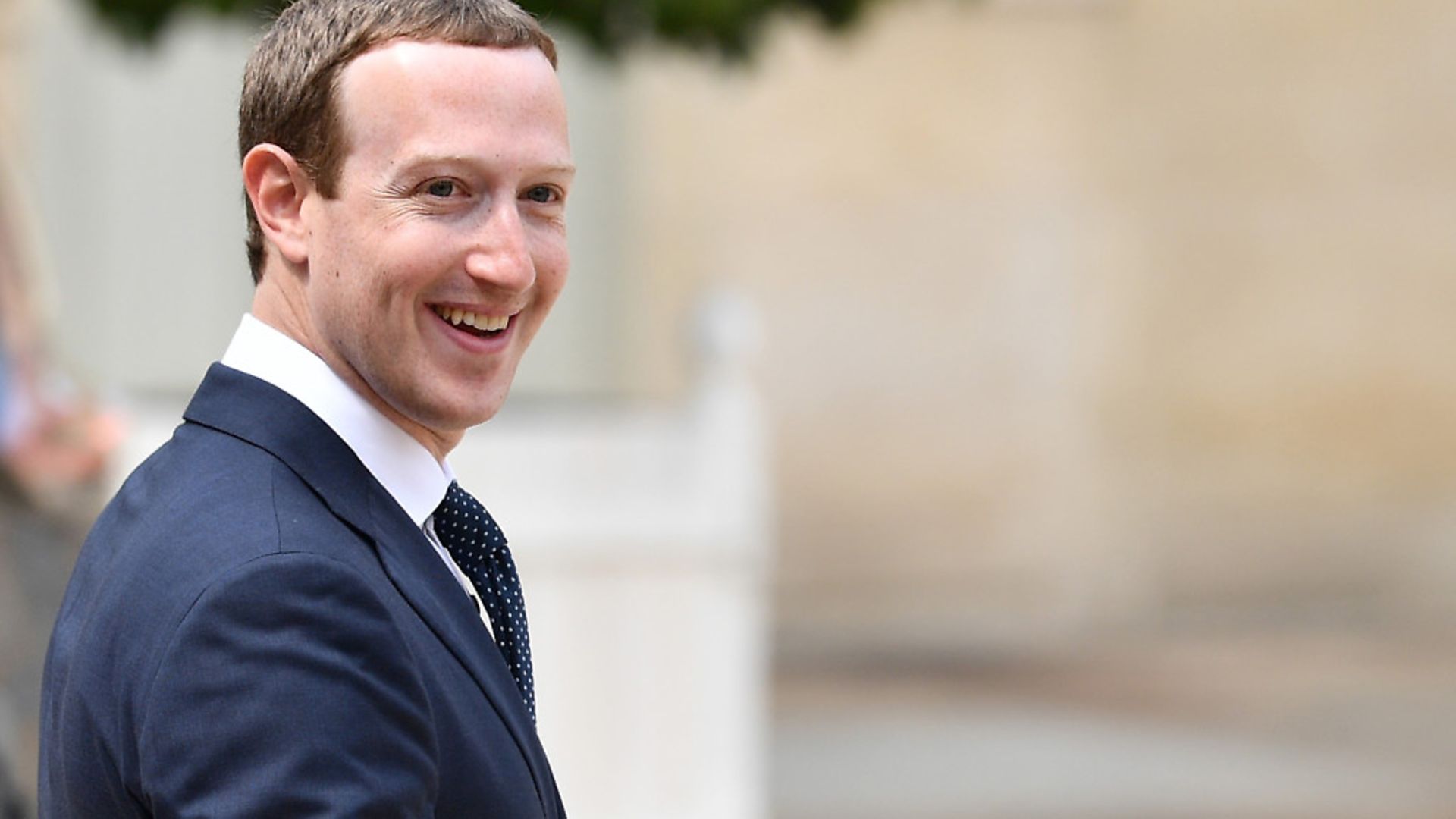
Mark Zuckerberg’s comments on Holocaust denial highlight the defect that could lead to the social giant’s demise. PARMY OLSON reports
Once upon a time in Silicon Valley, a hot new messaging app enthralled the tech elite. It was called Secret, and everybody was using it to post anonymous messages to their friends on an Instagram-like feed they could endlessly scroll through. It was addictive, and at times crude. As is often the case with anonymous, online networks, users lost their inhibitions and fragrantly posted gossip about real people and local technology startups.
Investors didn’t seem bothered by the ethical implications, or the obvious potential for bullying, and poured millions of dollars into the app. But one year later, in mid 2015, Secret’s creators shut it down. The app had become another flash in the pan. People had stopped logging on because they’d grown tired of the mud-slinging and rumours. Facebook is at risk of going down the same road, if it does not get a grip on its pernicious problem of trust.
The company had seemed to be addressing this, as it reassured the world that its tweaks to get rid of conspiracies and fake news would make it trustworthy once again. But all that work looks redundant when founder Mark Zuckerberg refuses to take a tougher line on lies. When asked by technology journalist Kara Swisher about taking down the thriving array of posts by Holocaust deniers on Facebook, he remained stubbornly neutral.
‘I don’t believe that our platform should take that down,’ he told Swisher in a recent podcast. ‘I think there are things that different people get wrong. I don’t think that they’re intentionally getting it wrong.’
To unpick that mind-boggling logic, Facebook’s founder won’t tackle false content if the person posting it is just being naive. It must be the trendy power move of 2018 (see also Donald Trump and Elon Musk), to double down on a stance that’s been widely-criticised for some time.
Zuckerberg’s highlights one of the great flaws of Silicon Valley, that of the Sincere Techie. They truly believe they are changing the world, but become so swept up in money and power that they become blind to the consequences of what they’re building.
Zuckerberg’s line continues to be that Facebook is making the world more connected, and that it gives more people a voice. ‘My top priority has always been our social mission of connecting people,’ he has said. Yet that social mission is clearly at odds with Facebook’s bigger goal of making money by feeding an addictive stream of content, aimed at keeping users logged on for as long as possible.
The newsfeed promotes content you’ll nod your head to. It builds an echo chamber with posts from friends who hold your same views, so that being on Facebook feels immediately satisfying.
But it should take a tougher, more authoritative line on conspiracy theories, which have taken a greater hold in the last five years or so thanks to social media. Facebook could post warning tabs, for instance, on Holocaust denial pages that point to historical evidence or highlight a group’s racist links. If the UK government and America’s surgeon general could do it for cigarette packets, why not for social networks which have become just as addictive?
If Zuckerberg can’t take a tougher line, Facebook risks going the way of Secret, though it wouldn’t wind down quite so quickly. It has 2.2 billion active users, which means a greater number of people than the population of China or India are logging on at least once a month. But user growth has slowed to the low-single digits recently, and it’s now become passé among Millennials to post photos to the site or even talk about Facebook.
People instead complain of its toxic swirl of stage-managed lives, fake news and political arguments. Much of Facebook’s growth is now coming from emerging markets or seniors, while younger folk in the US and Western Europe have fled for Snapchat and Instagram.
It’s difficult to make radical changes to a publicly-traded company that’s worth $600 billion, but Zuckerberg is CEO and still owns the majority of the voting rights of Facebook’s shares. He can and should make more fundamental changes to the site.
It’s been more than a year and a half since Trump was elected, plenty of time for Zuckerberg to change his stultifying refrain that Facebook is a ‘technology company’ first, and can thus shirk the responsibility of a ‘media company’ to censor hate speech and flag false content. But little seems to have changed. Yes, Facebook has made tweaks here and there: it has posted educational ads with tips for spotting fake news, and it has more recently begun fact checking photos and videos to reduce hoaxes, with the help of news organisation AFP. But the view from the top has stayed the same. Facebook doesn’t want to get its hands dirty.
The good news is that life is short for technology companies that don’t adapt. Nokia, for instance, was king of the mobile world in 2008, but in less than a decade its $100 billion smartphone business was wiped out by smarter competitors like Apple and Samsung. There are other would-be social networks and news sites waiting in the wings to capitalise on all the grumbling about Facebook. Many have been built from the ground up to filter out fake news with the help of clever machine-learning tools, and they’re already doing a better job of it than Facebook.
When the founders of Secret released their anonymous posting app, they said they wanted to help people become more open and less inhibited with their friends. But the platform they designed came with costs that outweighed those noble-sounding benefits. Unless Facebook finally takes a radical, authoritative stand against fake news, it’ll also find itself buried under the weight of its own high-minded ideals.










